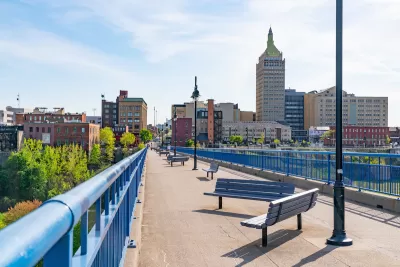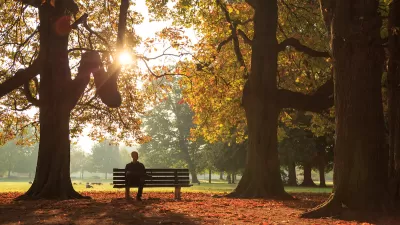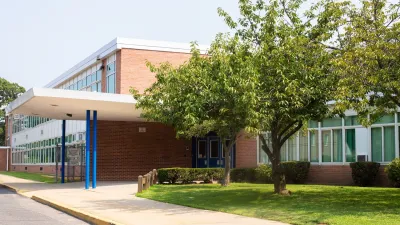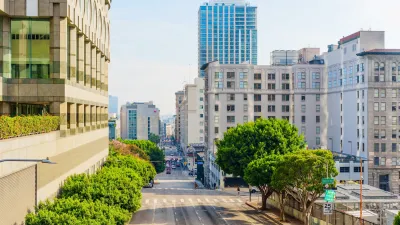The City of Rochester (NY) is working on an update to its Urban Forest Master Plan. This updates includes a community outreach process and addresses key issues such as environmental justice, climate change, and educational opportunities.

The City of Rochester, New York is revising its Urban Forest Master Plan for the first time since 2012. Community engagement is a key component of the process, with the city offering multiple opportunities for the public to provide input, including both in-person and virtual meetings. The update will highlight the City's forestry initiatives to address critical issues such as environmental justice, climate change, and educational opportunities. As reported by Liam Healy, the Master Plan update is expected to be done by June 2024.
Rochester's Forestry Division manages the care and maintenance of an urban forest consisting of approximately 64,000 public trees located along streets and in parks and cemeteries. This includes tree pest management, pruning, planting, removal, inspection, and responding to public requests. The City has also developed a Forestry Services dashboard where the public can find out more about the city's urban forest, including information on tree planting, tree expansion initiatives, annual tree pruning, tree removal, stump removal, and more.
Urban forests offer a variety of benefits. Trees help to filter air and water, control storm water, conserve energy, and provide wildlife habitat and shade. They also add beauty, form, and structure to urban design. In addition, urban forests reduce noise and provide places to recreate, thereby strengthening social cohesion, spur community revitalization, and add economic value to communities.
FULL STORY: Rochester’s “Urban Forest Master Plan” seeking public input for new update

Planetizen Federal Action Tracker
A weekly monitor of how Trump’s orders and actions are impacting planners and planning in America.

Maui's Vacation Rental Debate Turns Ugly
Verbal attacks, misinformation campaigns and fistfights plague a high-stakes debate to convert thousands of vacation rentals into long-term housing.

Restaurant Patios Were a Pandemic Win — Why Were They so Hard to Keep?
Social distancing requirements and changes in travel patterns prompted cities to pilot new uses for street and sidewalk space. Then it got complicated.

In California Battle of Housing vs. Environment, Housing Just Won
A new state law significantly limits the power of CEQA, an environmental review law that served as a powerful tool for blocking new development.

Boulder Eliminates Parking Minimums Citywide
Officials estimate the cost of building a single underground parking space at up to $100,000.

Orange County, Florida Adopts Largest US “Sprawl Repair” Code
The ‘Orange Code’ seeks to rectify decades of sprawl-inducing, car-oriented development.
Urban Design for Planners 1: Software Tools
This six-course series explores essential urban design concepts using open source software and equips planners with the tools they need to participate fully in the urban design process.
Planning for Universal Design
Learn the tools for implementing Universal Design in planning regulations.
Heyer Gruel & Associates PA
JM Goldson LLC
Custer County Colorado
City of Camden Redevelopment Agency
City of Astoria
Transportation Research & Education Center (TREC) at Portland State University
Jefferson Parish Government
Camden Redevelopment Agency
City of Claremont





























